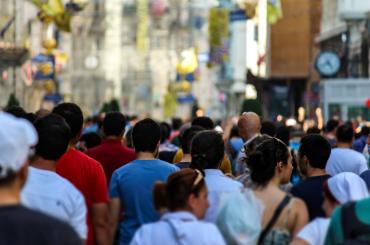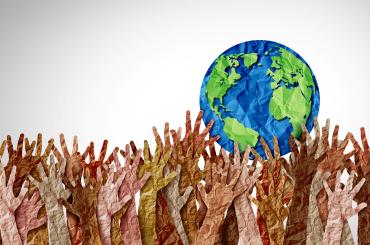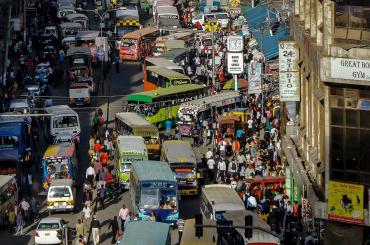
institutions
-

Accurate information can correct misperceptions and drive public demand for democracy
Authoritarian regimes cultivate misperceptions about the quality of democratic institutions and the value of democracy. How did an intervention, providing accurate information to voters in Türkiye, address these misperceptions and affect demand for d...
-

Stronger institutions improve environmental quality through specialisation
National air and water quality benefit from strong financial, judicial, and labour market institutions, through comparative advantage. Improving national institutions attracts clean industries but reshuffles dirty production to other countries.
-

Can we use experiments to understand institutions?
A growing body of research uses experimental methods to study institutional quality and change, offering important policy implications.
-

Power-sharing institutions can mitigate violent contests for natural resource rents
Local elections in Nigeria may improve representation at the local level, contributing to a more peaceful resolution of contests for resources
-

Support for democracy and the future of democratic institutions
It is only democracies that perform well on the dimensions that the public cares about – economic growth, control of corruption, peace and political stability and public good provision – that build support for democratic institutions
-

Rebel governance and development in El Salvador
How does rebel governance affect long-term development?
-

State capacity and development clusters
Evidence from 25 years of data shows countries form persistent ‘development clusters’ according to their levels of internal peace and state capacity
-

The long-term consequences of medical missions in colonial India
Medical missions in colonial India continue to have a lasting impact on the health outcomes of individuals born long after Indian independence
-

The spacial structure of cities in developing countries
Ed Glaeser outlines key urban policy challenges in developing countries and the research needed to address them